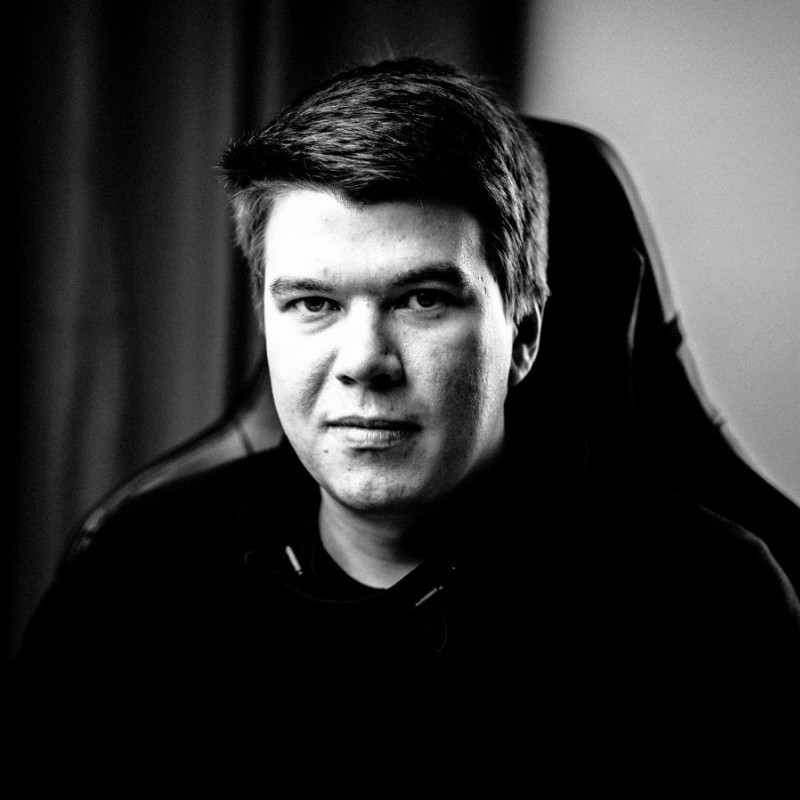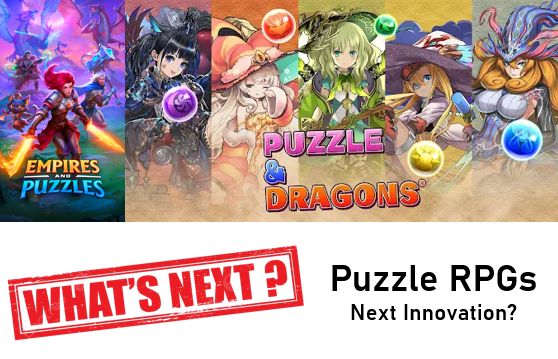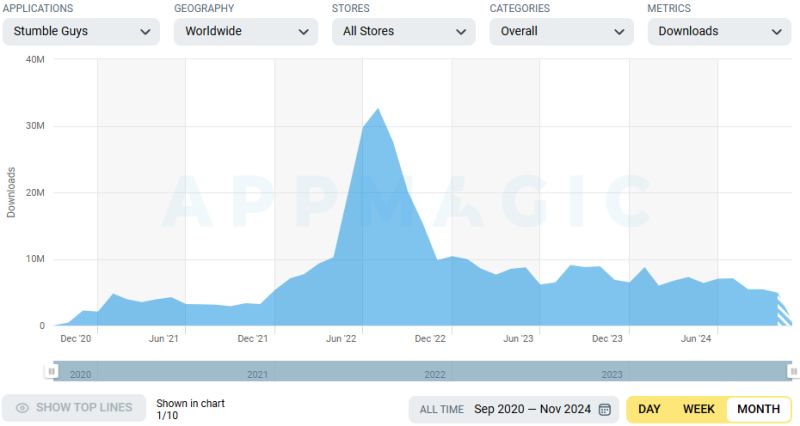Revolutionizing Puzzle Games with Equity and Power
Revolutionizing Puzzle Games with Equity and Power 🧩🚀 The casual puzzle game genre, led by e.g., Gardenscapes, Travel Town, and Gossip Harbor, has captured players through engaging #gameplay and #metagame layers like narrative-driven building and progression. These #games thrive on escapism and relaxation, offering players a rewarding way to pass the time. What if these experiences evolved to give players a world to escape with equity and power that transforms their time into meaningful value?The Next Step: Equity and Power!Casual #puzzlegames are ripe for innovation, by introducing systems where players build equity in the world—something tangible that contributes to ownership, power, and progress on both. While narrative and builder tie-ins are excellent, they miss a deeper layer that ties progress to "power" in a way that fundamentally enhances the #UX.For example:🏗️💪 Imagine a #mergegame or #match3 #mobilegame where every successful goal met […]









